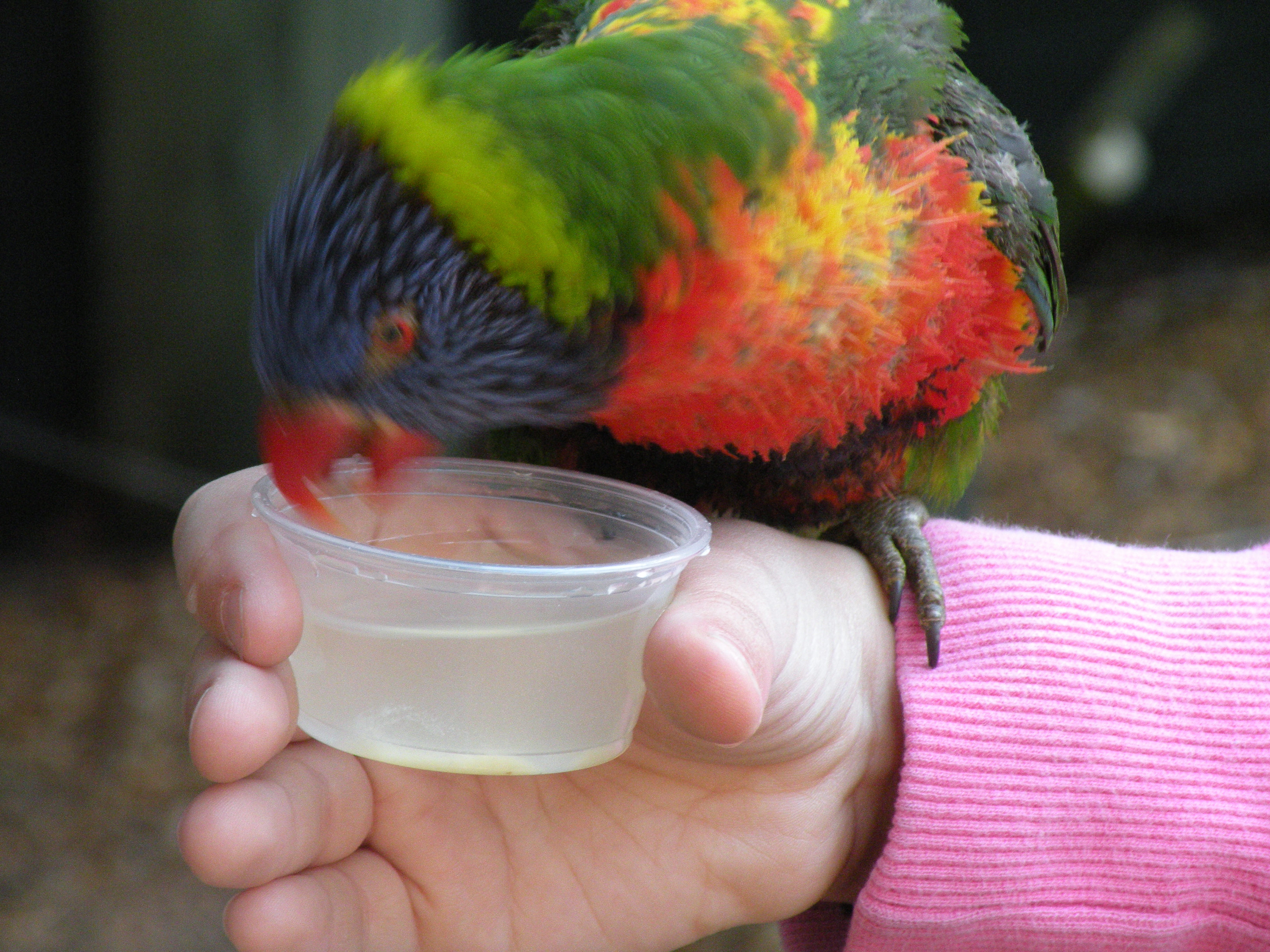I’m a big fan of taking something that works well in one arena and trying it out in another.
Literacy advocate Esther Jantzen suggests that Think-Aloud is a great way to engage our kids’ thought process during story time, thereby supporting the growth of both their literacy and critical thinking skills. (You can go back and read that post here.)
What if Think-Aloud could be applied to improving and enhancing social and emotional literacy skills? What if we help our kids to ‘Share Our Supposes’ about things that we see on the news, at the mall or in our neighborhoods?
It’s a simple something that can be easily added to day-to-day routines: just stop occasionally to share your thoughts and feelings about what you observed together… and ask your child to do the same. When we do this our youngsters get to see and feel that talking about what’s going on in the world around is us a way to understand it better. It can also help them to connect to news stories and appreciate the ways that their own lives could be impacted by similar circumstances. I think that the ability to see things from another’s point of view is possibly more important now than it has ever been.
How do you talk about the news without scaring or overwhelming your kids?
When an event reminds you of a personal experience, stop and briefly talk about it. You might make a connection between what happened to you and what is happening on the news, or about the impact that a similar event might have had on you or someone you know.
Or, when you come across a story or event that puzzles you, stop and ask questions like, “I wonder why that person did that?” or “That doesn’t make any sense to me — I wonder what she was thinking?” or “Was that a good decision?”
Don’t be in a hurry — see if your child wants to add something. Listen carefully. Encourage your child’s observations.
While you may not come up with any big answers, you’ll help impart the value of asking questions AND contribute to your child’s sense of community and connection.


